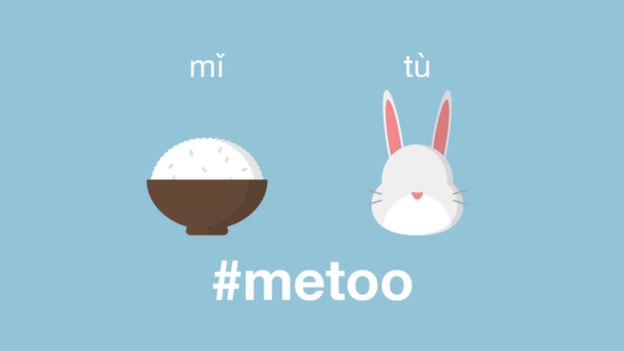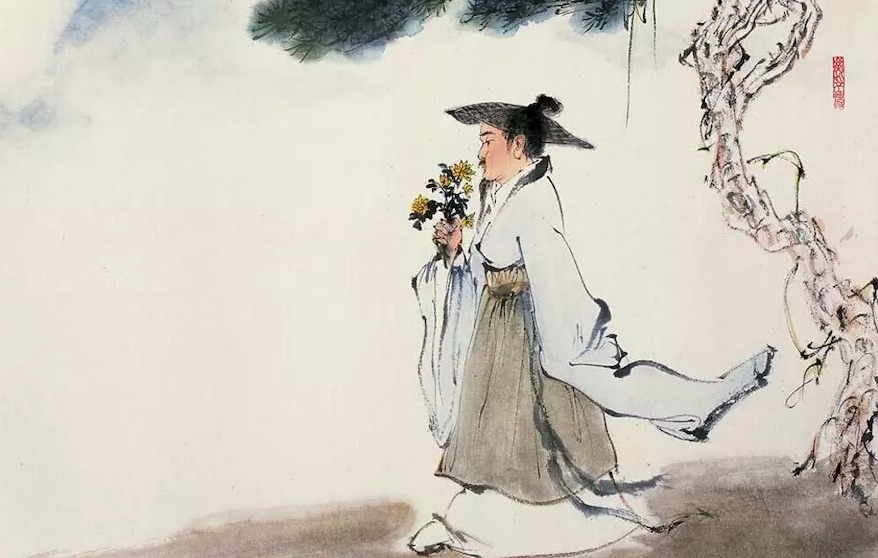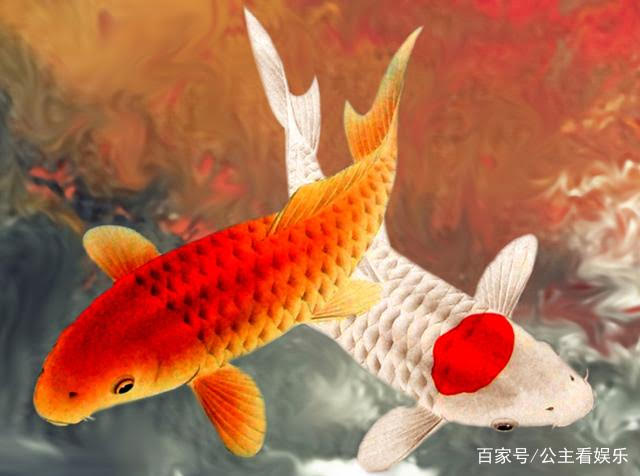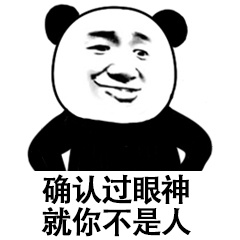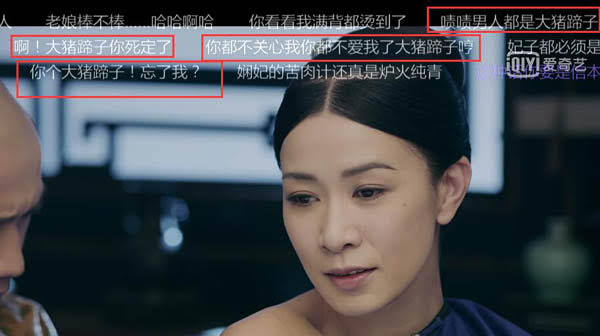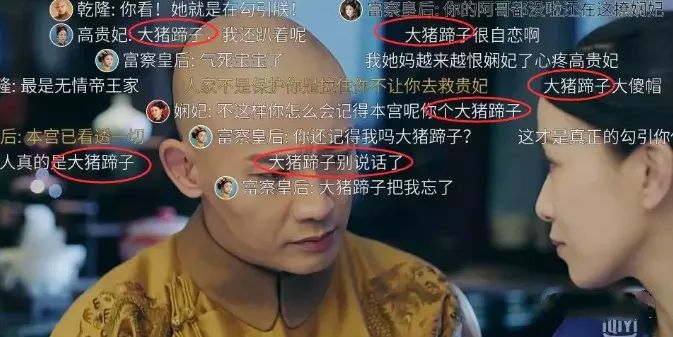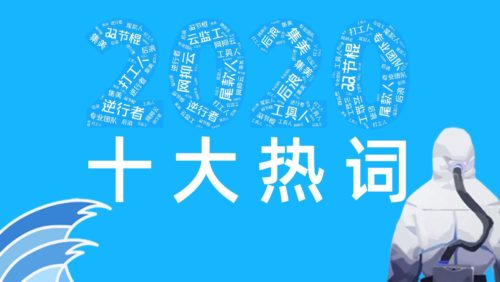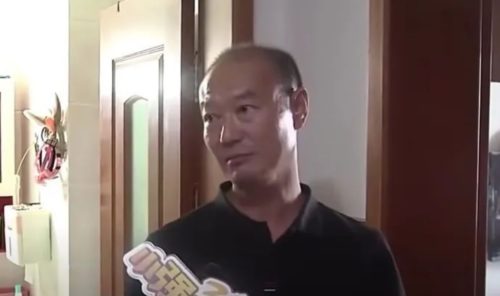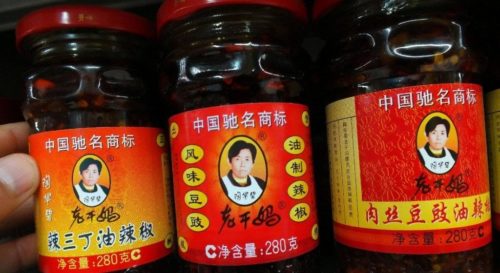‘Men are all pig’s feet’ — and other Chinese memes of 2018 that reflect our times

Memes have become a way to appreciate and participate in popular culture, a way to find solidarity, construct identity, and communicate with precision.
Memes like Distracted Boyfriend and BBQ Becky are products of their times, and when people look back on them, they’ll be seen as more than just clever tools of satire: they are snapshots of what captured the public consciousness at the moment of their inception.
This is no different in China. Here are five popular memes from 2018 that offer a snapshot of this year’s collective Chinese digital consciousness.
1. #米兔 (mǐ tù) — Rice Bunny
The #MeToo movement was meme-ified in China out of necessity, a way to evade censors who use algorithms to filter out “sensitive words.” In April, Chinese feminist activist Qiqi gave #Metoo its Chinese form: #米兔, which literally translates to “rice bunny.”
By taking advantage of the bountiful availability of homophones — words that sound the same but look different — in the Chinese language, #MeToo could have been rendered 3,928 different ways in Chinese, with unique combinations of characters for “mi” and “tu.”
#MeToo’s “rice bunny” incarnation is particularly fitting for the movement because of the meanings embedded in the characters. Rice is sustenance, while the rabbit is a symbol linked to femininity. Put together, one possible interpretation for “rice bunny” is “a basic entity required by all female individuals to survive” — a powerful sentiment that Chinese women could rally around.
2. 陶渊明 (Táo Yuānmíng)
Tao Yuanming 陶渊明 was a Chinese poet born in AD 365, well known to this day for his great love for the chrysanthemum flower, a symbol of defiance and the anti-establishment spirit.
His name was co-opted in 2018 by fans of Wang Ju 王菊, a defiant popstar-in-training who flouted mainstream beauty standards of “pale, thin, and sweet” as she battled for a spot in a new K-pop-style girls supergroup.
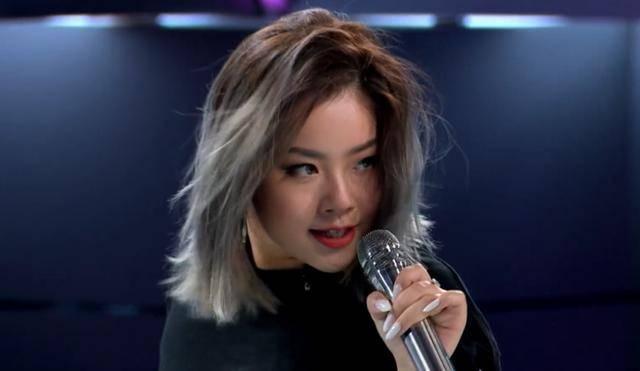
Wang’s name, Ju 菊 (jú), means “chrysanthemum,” so naturally, her fans began calling themselves “Tao Yuanming.”
Chinese memes access wordplay and nuances that reach back thousands of years along an unbroken linguistic and cultural line. In generating memes, the Chinese often draw on older cultural assets. In the West, fans of popular culture give themselves names like “Cumberbitches” and “Potterheads,” but this sort of wordplay seems comparatively shallow when put up against a fourth-century landscape poet.
The fact that Wang Ju fans are able to select a name for themselves that also speaks of what they love most about their idol is a fine example of Chinese memes as an extension of high culture.
3. 转锦鲤 (zhuǎn jǐnlǐ) — Sharing the koi
The koi is an auspicious symbol of good fortune to come, for each fish has the potential to become a dragon if it leaps through the Dragon Gate. As an internet meme, it plays on the word 转 (zhuǎn), which means to “share online,” but also to “reverse,” as in “reversing bad luck to good.” Images of koi spread across the Chinese internet in a fashion similar to chain emails, promising good luck to those who share. Others share koi images in social media as a way to pray for good outcomes.
In the same fashion, images of reality show winner Yang Chaoyue 杨超越 and second-generation rich (fu’erdai) Wang Sicong 王思聪 are also shared in place of koi, a sarcastic commentary on the futility of hard work in ultra-competitive China when there are those who are born rich or imbued with sheer dumb luck. (Yang Chaoyue is a talentless crybaby who beat out far more talented contestants to become the second runner-up on the reality show Produce 101, which assembled a K-pop all-girls supergroup; Wang Sicong is the only son of Wanda Group chairman Wang Jianlin 王健林 and is known for his over-the-top rich-boy antics.)
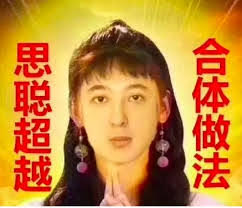

4. 确认过眼神 (quèrènguò yǎnshén) — I saw it in your eyes
This was originally a line in a 2008 song by Singaporean pop star JJ Lin 林俊杰 (Lín Jùnjié). Ten years after the song — Tale of the Red Cliff (醉赤壁 zuì chìbì) — was released, it has been made popular again by internet users who have come up with a creative second rhyme that describes a very specific kind of person who is everything from a “chronic insomniac” to “not even human”:
“确认过眼神,你就是那个天天失眠的人” (quèrènguò yǎnshén, nǐ jiùshì nàgè tiāntiān shīmián de rén) — “I saw it in your eyes, you really are that chronic insomniac.”
“确认过眼神, 根本不是人” (quèrènguò yǎnshén, gēnběn bùshì rén) — “I saw it in your eyes, you’re not even human.”
In these uncertain times, when Chinese people frequently cite their disgust for society’s moral decay and people’s untrustworthiness, this meme is a way for people to show their wit and cynicism, but more importantly, their ability to see the truth of things — not unlike the “Condescending Wonka” meme in the West, in which the same bemused face of Gene Wilder remains forever unimpressed.
5. 男人都是大猪蹄子 (nánrén dōu shì dà zhū tízi) — Men are all pig’s feet
This meme emerged from The Story of Yanxi Palace, the hottest show of the year and most Googled show in the world in 2018. The Chinese word for male protagonist is 男主角 (nán zhǔjiǎo), which is a homophone for 男猪脚 (nán zhūjiǎo), meaning “male pig’s feet.” 大猪蹄子 (dà zhū tízi) is an even more vulgar way to say “pig’s feet,” emphasizing its oafish and disgusting quality.
At first, this phrase appeared in the form of “bullet screen” (弹幕 dànmù), which is a feature that allows streaming viewers to send comments that travel across the screen in real-time. These “bullets” — “men are all pig’s feet” — were hurled by viewers thoroughly disgusted at the male characters’ self-centered and duplicitous behavior.
Naturally, it wasn’t long before this went beyond commentary on the show and was applied to men at large, joining the ranks of 直男癌 (zhínán ái) — straight-man cancer — as the latest phrase used to call out male chauvinist behavior. The popularity of this meme is no accident, as the patriarchal order in China is increasingly challenged by women who will no longer put up with boorish men.


